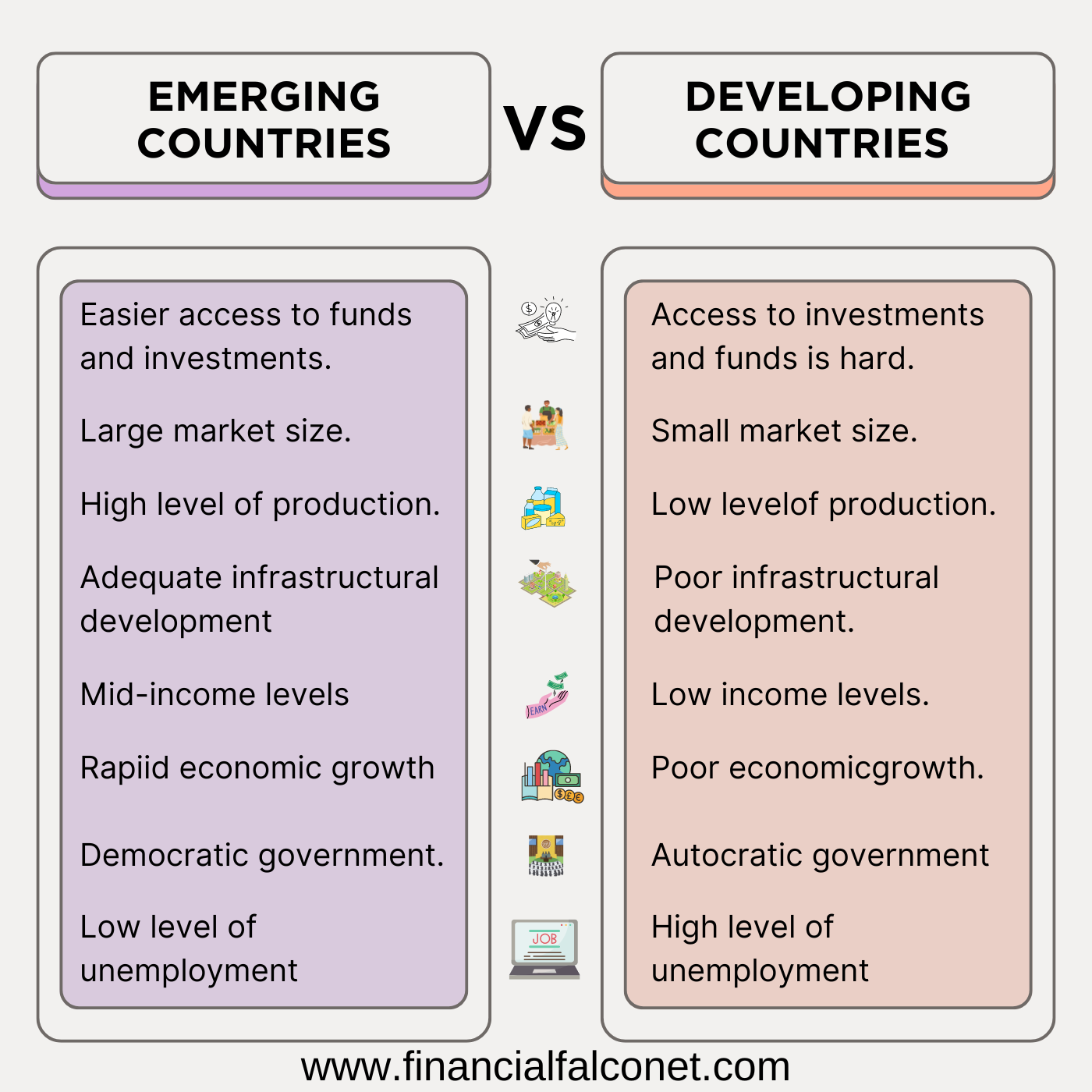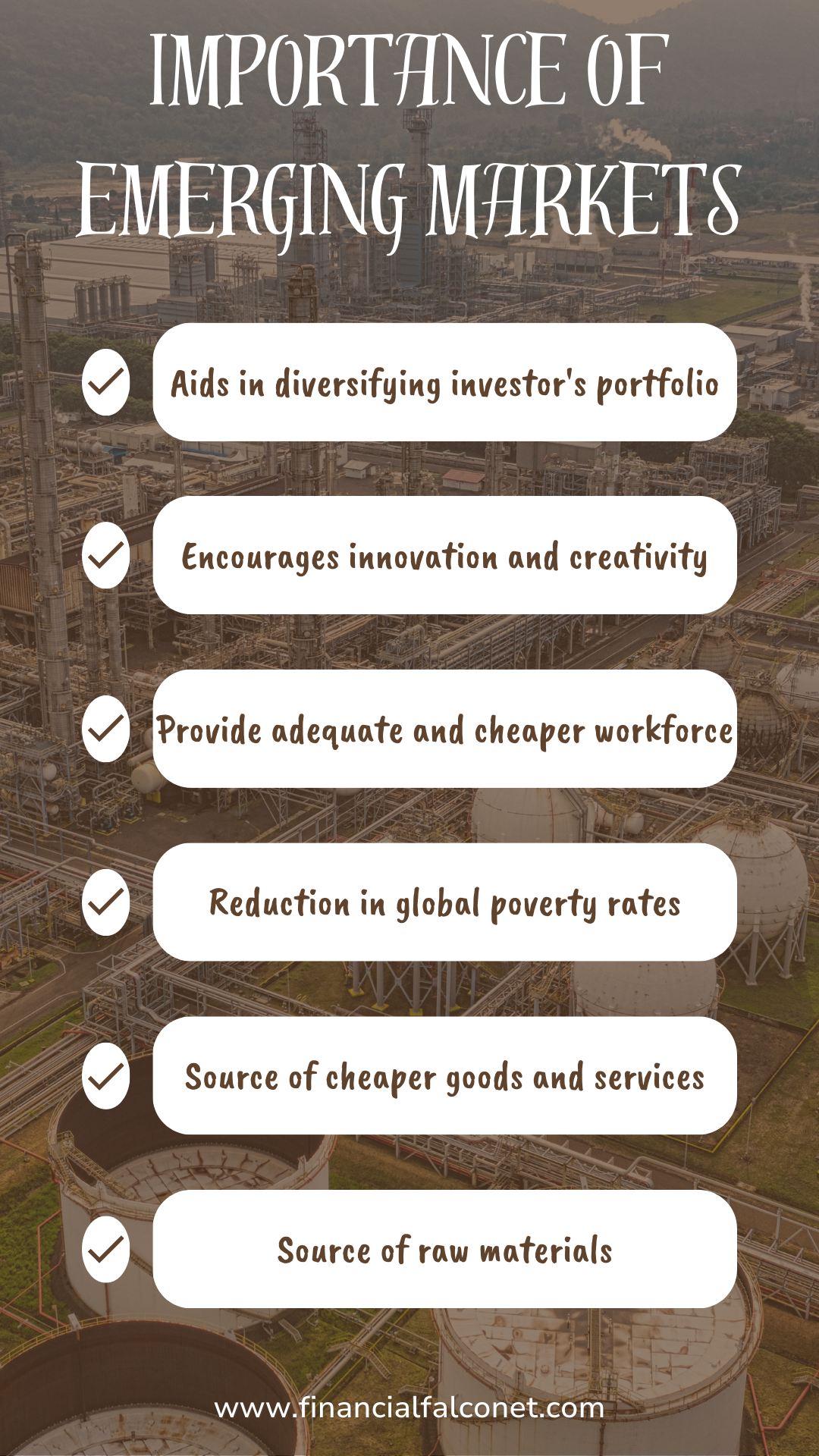
Benefits of Fuel Subsidy in Nigeria
Fuel subsidy is a government policy that involves the government paying a portion of the cost of fuel in order to keep the price low for consumers. In Nigeria, fuel subsidy has been a highly debated topic for many years, with supporters and critics having differing opinions on its benefits and drawbacks. Nigeria is a major oil-producing country and the availability and affordability of fuel are critical to the economy. Proponents argue that some of the benefits of fuel subsidy in Nigeria include stabilizing fuel prices, promoting economic growth, and reducing poverty levels by making fuel and transportation more affordable.
On the other hand, critics argue that fuel subsidy is expensive, unsustainable, and prone to corruption while benefiting only a small section of the population. In this article, we shall discuss the benefits of fuel subsidy in Nigeria.
See also: Reasons for removal of fuel subsidy in Nigeria
What are the advantages of fuel subsidy?
The stability of fuel prices makes it easier for businesses to plan and make investments, and for consumers to manage their budgets without the fear of sudden price increases. Subsidized fuel prices can lower production costs for businesses in various industries, making them more competitive in both domestic and international markets. This can lead to increased productivity, expansion of businesses, and the creation of job opportunities, which can contribute to economic growth.

Benefits of fuel subsidy in Nigeria
- Enhancement of energy security
- Fuel price stability
- Boost economic growth
- Reduction of poverty
Enhancement of energy security
One of the benefits of fuel subsidy in Nigeria is the enhancement of energy security. Subsidized fuel prices can ensure the availability and affordability of fuel for businesses and consumers, this is pertinent, especially with the epileptic state of power supply in the country. Fuel is often needed to power generators that are used by businesses and citizens to power their machines and appliances. If the price of fuel is high, small and medium enterprises (SMEs) as well as citizens may not be able to afford it.
This will adversely affect business operations and citizens’ lifestyles. However, subsidy availability reduces the risk of supply shortages and price volatility which could adversely affect Nigerians. Thus the enhancement of energy security is a benefit of fuel subsidy in Nigeria.
Fuel price stability
Another benefit of fuel subsidy in Nigeria is that it helps to stabilize the price of fuel in the country, making it affordable for the majority of the population. Without subsidies, fuel prices could rise to levels that are unaffordable for most Nigerians. Fuel is a crucial commodity in Nigeria, as it is used to power transportation, generators, and machinery in various industries. Any significant increase in fuel prices could result in a chain reaction of price increases for goods and services across the country, leading to inflation and economic instability.
Fuel subsidies help to keep the price of fuel low and stable, which in turn helps to control inflation and maintain economic stability. This makes it easier for businesses to plan and make investments, and for consumers to manage their budgets without the fear of sudden price increases. Additionally, low fuel prices resulting from subsidies can help attract foreign investment to Nigeria, making the country more competitive and attractive to investors. This, in turn, can create more job opportunities and contribute to economic growth.
Boost economic growth
An additional benefit of fuel subsidy in Nigeria is that it can promote economic growth by keeping the cost of production low for businesses, especially those in the transportation and manufacturing sectors. Fuel is a key input for many industries in Nigeria, such as transportation, agriculture, and manufacturing. Subsidized fuel prices can lower the production costs for businesses in these industries, making them more competitive in both domestic and international markets. For instance, most machines used for commercial agriculture such as tractors, combined harvesters, and planters require fuel to function. If the price of fuel is high, it will adversely affect the operation of these machines and drive up the prices of agricultural produce.
However, fuel subsidy which ensures that fuel prices are low aids to increase productivity, expansion of businesses, and the creation of job opportunities in various industries. Furthermore, the reduction in production costs resulting from subsidized fuel prices can stimulate domestic demand for goods and services. This is because the prices will be cheaper compared to imported goods as businesses will be able to offer competitive prices and still be profitable. Additionally, lower fuel prices can also increase the purchasing power of consumers, which can lead to increased consumer spending. All these are combined benefits of fuel subsidy in Nigeria that can boost the economy thereby resulting in economic growth and development.
Reduction of poverty
One of the most talked about benefits of fuel subsidy in Nigeria is poverty reduction. The subsidy helps to keep the cost of transportation low, making it more accessible to low-income earners and reducing the cost of living. Transportation costs can be a significant burden on low-income earners in Nigeria, as many people rely on public transportation to commute to work, school, or access basic services. The high cost of transportation can limit their ability to travel, making it difficult to access job opportunities, education, healthcare, and other essential services. Subsidized fuel prices have helped to lower transportation costs and make it easier for low-income earners to access mobility.
In addition, lower transportation costs can indirectly reduce the prices of goods and services. This is because transportation costs are often passed on to consumers as part of the production costs. By reducing transportation costs, the overall cost of goods and services is lowered, making them more affordable for Nigerians, especially low-income earners, and households. When individuals have easier access to education and work opportunities, it positively affects their earning potential thereby aiding them to get out of poverty. Hence, in the long run, the citizens benefit from fuel subsidy by being alleviated out of poverty.
See also: Disadvantages of Fuel Subsidy Removal in Nigeria
Conclusion
Despite the debates and controversies, fuel subsidy continues to be a significant policy issue in Nigeria, as it affects the economy, society, and the lives of millions of people. Fuel subsidy helps to keep the cost of transportation low, making it more accessible to low-income earners and reducing the cost of living. This can help to reduce poverty levels in the country, as many people depend on transportation to go to work or access basic services.
Although fuel subsidy in Nigeria has all the aforementioned benefits, it also has long-term effects on the economy, the environment, and government finances. In light of this, it is crucial for policymakers to strike a balance between providing affordable fuel for citizens and ensuring fiscal responsibility and sustainability in the management of fuel subsidies in Nigeria.
See also: What is Excess Crude Account (ECA)?


